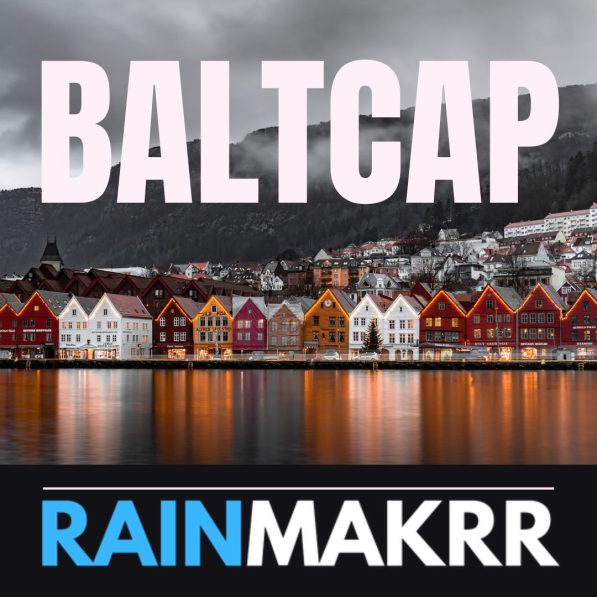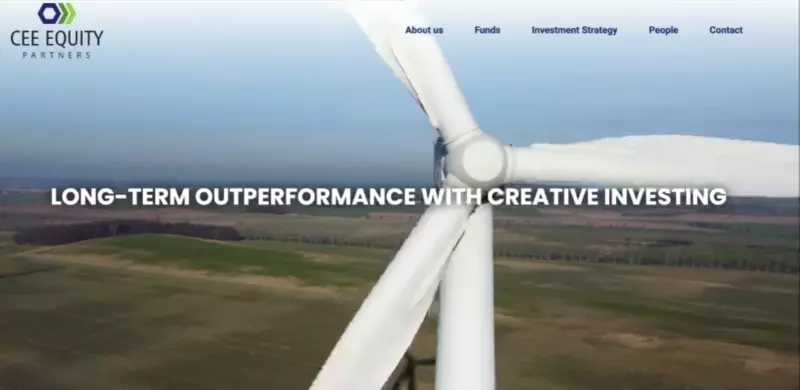Top Private Equity Firms Europe Guide to the Biggest Private Equity firms in Europe 2024 Largest European Private Equity Firms - PE Firms in Europe

Top Private Equity Firms Europe Guide to the Biggest Private Equity firms in Europe. Largest European Private Equity Firms List
Despite a recent contraction, European private equity represents a significant portion of the continent's investment landscape, playing a crucial role in the growth of companies across various industries and rising in many countries including France.
So, with that in mind. welcome to our Top Private Equity Firms Europe Guide to the Biggest Private Equity Firms Europe has to offer including the Largest European Private Equity Firms broken into countries of focus in alphabetical order.
Top European Private Equity Firms & Largest PE Firms Europe Guide


Largest European Private Equity Firms - Biggest Private Equity Firms Europe List
Here is our list of European private equity firms who are arguably the biggest PE firms in Europe right now.
EQT
EQT is a Stockholm-based private equity firm and the largest in Europe with a combined fund raising sum of over 100 billion US dollars between 2018 and 2023.
Cinven
Cinven is a leading European private equity firm with a strong track record in buyouts, acquiring businesses that require a capital injection or operational expertise.
KKR
KKR is a global investment firm with a long-standing presence in Europe. Known for its flexibility and innovative approach to investment solutions, KKR provides capital markets services and long-term strategic advice to its portfolio companies.
Nordic Capital XI
Nordic Capital XI became the largest European private equity fund in 2022, raising €9 billion in October.
BC Partners
BC Partners is a leading international private equity firm with a primary focus on European markets and targets businesses with strong market positions and growth potential.
CVC Capital Partners
CVC Capital Partners is one of the world's leading private equity and investment advisory firms. With a long-standing presence in Europe, the firm has a strong track record of identifying attractive investment opportunities and driving operational performance for its portfolio companies.
Partners Group
Partners Group is a global private markets investment management firm with a substantial presence in Europe and invests across various asset classes, including private equity, real estate, infrastructure, and debt.

Largest European Private Equity Firms - Recent Activity


By Country / Region


Largest Private Equity Firms in Europe Guide FAQ
What are the largest private equity firms in the UK?
The United Kingdom is home to many substantial private equity firms. Some prominent names include Terra Firma, 3i Group, and Cinven. These firms operate internationally and have a significant footprint in the European private equity landscape.
Which European countries have the highest concentration of private equity firms?
The United Kingdom, Germany, and France are known to have a high concentration of private equity firms. London, particularly, is considered a leading hub for private equity activity in Europe due to its well-established financial services industry and ease of access to the European market.
What are some examples of leading boutique private equity firms in Europe?
Europe is home to a variety of boutique private equity firms that are highly reputed in their respective niches.
Examples include HgCapital, focused on software and technology investments, and Astorg, which specialises in buyouts of market-leading businesses across various sectors.
Which private equity firms rank highest in terms of AUM?
In terms of assets under management (AUM), Stockholm-based EQT has emerged as the largest private equity firm in Europe. It raised a combined fund-raising sum of $57.3 billion between 2017 and 2022, enabling it to remain at the forefront of the European private equity space.
What are some renowned European private equity fund of funds?
European private equity fund of funds include institutions that invest in multiple private equity funds as limited partners. Well-known examples are HarbourVest Partners, Pantheon Ventures, and Adams Street Partners.
These firms offer investors a diversified exposure to private equity assets across Europe.
Where are the oldest private equity firms in Europe located?
Many of the oldest and most established private equity firms in Europe can be found in the United Kingdom and France, which have long histories in banking and finance.
Firms like 3i Group and Ardian have their roots dating back to several decades, underlining the longevity of some European private equity players.
What are the top private equity firms in Europe by AUM?
The top private equity firms in Europe by assets under management (AUM) are known to change regularly due to the dynamic nature of the industry. An updated ranking can, therefore, be obtained through industry reports and reliable business databases.
Which European countries are best for private equity investments in terms of having the Largest private equity firms Europe has who are active right now?
The most attractive European countries for private equity investments vary depending on factors such as market size, economic stability, and regulatory environment.
Some of the top countries include the United Kingdom, Germany, and France. European private equity investors benefit from the stability and opportunities provided by the European Union, which is the world's largest single market.
How has European venture capital evolved in recent years?
European venture capital has experienced significant growth in recent years, as demonstrated by fundraising records set in 2022. The industry raised a record €23 billion, representing increased interest in European innovations and startups.
The increased availability of capital has allowed European businesses to thrive and compete in the global arena.
What are the guidelines for ESG reporting by Invest Europe?
Invest Europe has developed guidelines to help private equity firms integrate environmental, social, and governance (ESG) principles into their investment strategies and practices.
Specific guidelines may change and be updated over time, so it is essential to regularly consult the official Invest Europe website to stay informed on the latest information and requirements.
Who are the key players in European growth equity rankings?
The key players in European growth equity rankings are constantly evolving due to market dynamics, investment, and exit activity. Updated rankings can be found in industry reports or reliable business databases to identify top growth equity firms in Europe.
What can be expected from the Invest Europe conference?
The Invest Europe conference is a major event in the European private equity and venture capital industry, providing a platform for networking, learning, and sharing insights.
Attendees can expect panel discussions, keynote speeches, and presentations on industry trends, investment strategies, and geopolitical developments. To stay updated on the latest conference details, visit the Invest Europe website.

Biggest Private Equity Firms Europe - Largest European Private Equity Firms Guide







































































































































































































